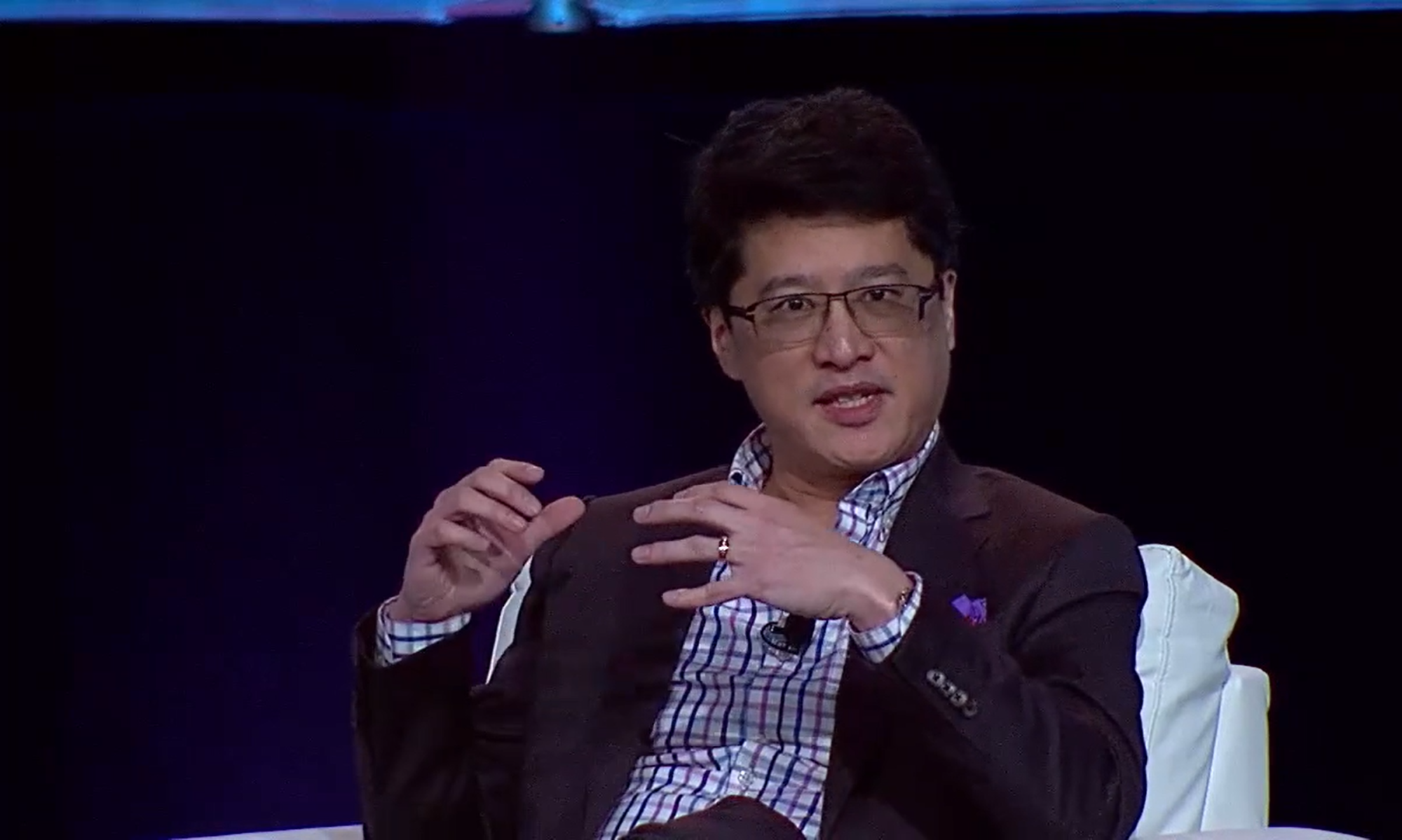In the past few weeks, I’ve been asked by three folks about the legal and practical requirements of implementing a board in an early-phase organization. There is a lot of information around on the subject of corporate governance – probably the most notable resource that comes to mind for me is National Association of Corporate Directors. There are also books on the subject (e.g., Corporate Governance), but there can be a lot to wade through depending on how deep you want to go.
Here’s my introductory $0.02 on the subject:
- The board’s primary purpose is to work on behalf of the ownership of the organization both a) to see that the organization achieves what it sets out to do and b) to provide a monitoring framework that ensures what management is doing is acceptable.
- Boards then, can be viewed as the balance point between the shareholders (which own) and the management (which controls day-to-day operations).
- Laws and articles of the organization may dictate the minimum requirements, but generally speaking, two key roles that are basically the minimum to organizations (profit and non-profit) are the chairperson and the secretary.
- The chairperson is often referred to as the servant leader of the board – that is, the integrity of governance starts with the board, and the chairperson is basically a facilitator.
- The secretary has responsibility for accurately documenting (guardian of) what the board has done.
- In some situations, the secretary may also play a key role in helping the chairman put together board documents and doing behind-the-scenes work to facilitate the board meeting (so that it is a non-meeting in many cases). Tends to be more true in environments where more legal mechanics and knowledge of confidential organizational infrastructure is required.
Early-phase organizations may have some wiggle room (e.g., number of directors, amending by-laws) as to how governance works for numerous reasons, e.g., the management largely represents all of the shareholders.
Some key things that I would consider (in the case of wiggle room) include:
- Speed and convenience – larger boards may slow you down unless one of the following counterbalances the effects.
- Leverage – boards can be a way to get help at no to minimum cash cost. Here some key things to capitalize on are the board directors’ networks, skills (e.g., legal or accounting), etc.
- Advice – although this is one I personally put the less stock in because one can get some of this without a board director relationship, it depends on the makeup of the management team and desire of the owners. Board directors can complement the management team’s experiences.
- Independence – as the owners of the organization differ in total composition as compared to management, the need for board directors to be non-management and independent increases.
As a final closing thought, fund raising is huge timesink that affects both for-profit and non-profit organizations. Some non-profits have even segmented their board into operating and fund raising groups. The former group looks at current operations, controller activities, etc. The latter group is more forward-looking and gets involved with the strategic direction and milestones for the group. Fund raising is something that should not be forgotten because it is buried in the notes I’ve outlined above (probably could be categorized as a way to get leverage). Consideration should be given as to how the board makeup should look based on putting fund raising in the proper perspective.

